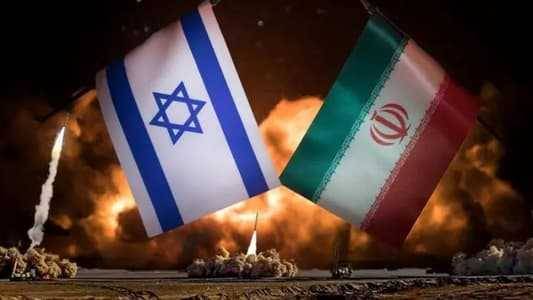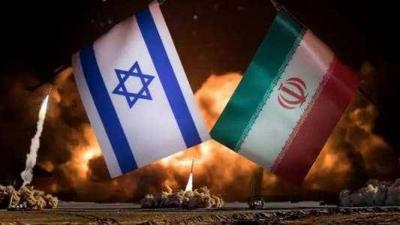The recent visit of U.S. presidential envoy Amos Hochstein to Beirut provided a clear indication of a transition in the ongoing clashes along the Lebanese-Israeli border towards a new level of escalation. The deadlock reflected in Hochstein's succinct demands for an immediate ceasefire as the only option to avoid a full-scale war was met with Hezbollah's responses, including a reconnaissance flight by a drone called "Al-Hudhud" that revealed a list of Israeli military infrastructure and key targets. Following this, Hezbollah's Secretary-General Hassan Nasrallah declared readiness for confrontation with unprecedented missile capabilities without limits, adding Cyprus to the list of potential targets for the party, should Israel use its airports, as reported by "Al-Liwaa."
The threat directed at the Republic of Cyprus has brought the European Union into the expanding confrontation, extending beyond Israel's northern borders to include the Eastern Mediterranean, thus giving an international dimension to the anticipated confrontation that surpasses the capabilities of the Supreme Leader's cloak. The European stance condemning Hezbollah's threats and showing solidarity against any threat to EU member states—expressed during the meeting of EU foreign ministers in Luxembourg yesterday—adds a new component to the power balance influencing the region. This was reflected in the remarks of the EU's chief foreign policy representative, Josep Borrell, who warned of the ramifications of escalating conflict in Lebanon and asserted that the prospect of a full-scale war between Israel and Hezbollah has become a reality.
Additionally, the report published by the London Telegraph regarding Hezbollah's alleged use of Rafic Hariri International Airport for storing weapons and missiles, along with the International Civil Aviation Organization's demand to close the airport, carries more than one European message and possibly serves as a European warning, endorsed by the British, to list the airport as a target, akin to the facilities which Nasrallah warned Cyprus would face if used to support Israel's war against Lebanon.
This new European mobilization represents a qualitative and quantitative addition to the ever-eager Israeli war stance, especially following the joint confrontation led by the United States with Britain, France, Germany, and Israel against the Iranian attack involving hundreds of drones and missiles against Israel on April 13. This confrontation fostered a shared European-Israeli understanding of the threats posed by Tehran due to its developing missile capabilities, establishing a European role aligned with Washington's strategy in the region, which Europe has long lacked.
Tehran views this Western alignment and Israel's momentum towards launching a military operation in southern Lebanon similarly to its position regarding the "Typhoon of Al-Aqsa" operation since its outbreak, where it quickly distanced itself from any role in the assault launched by Hamas on the Gaza envelope, while not denying its involvement in training Hamas fighters and providing them with the necessary missiles, drones, and expertise.
Today, Tehran registers a similar stance in light of escalating clashes along the Lebanese border and the rising risks of heading towards open war, reaffirming that it will mobilize its factions in Syria and Iraq and may bring in additional groups to support a war it would lead from the backseat. This is inferred from the statement made by Iran's mission to the United Nations on the 21st of this month, asserting that Lebanese Hezbollah has the ability to defend itself and Lebanon against Israel, and also from the position of the commander of the Iranian ground forces, Kiomars Haidari, who stated that the resistance axis will not remain silent in the event of a war between Israel and Hezbollah in Lebanon amid escalating confrontations between the two sides and the warnings of a comprehensive war.
Tehran's ambitions exceed merely affirming its role as the regional proxy it has played since the U.S. invasion of Iraq, aiming to elevate this role to a level of partnership. This was expressed by Iranian Foreign Minister Ali Bagheri Kani during a joint press conference with the Iraqi National Security Adviser on the 13th of this month: "America's disagreements with Iran relate to the share they allocated to us; we did not accept that, and we seek to obtain our share in the region."
As Israel, eager for war, awaits the U.S. green light to facilitate arms and ammunition deals necessary for launching its military operation against Lebanon, Tehran understands that its ambition to become a partner with Washington requires maneuvering its arms in the region towards a costly confrontation to establish a new regional equation. In this context, war becomes a necessity for both Tehran and Tel Aviv, serving as the only intersecting point available between them according to "Al-Liwaa."




